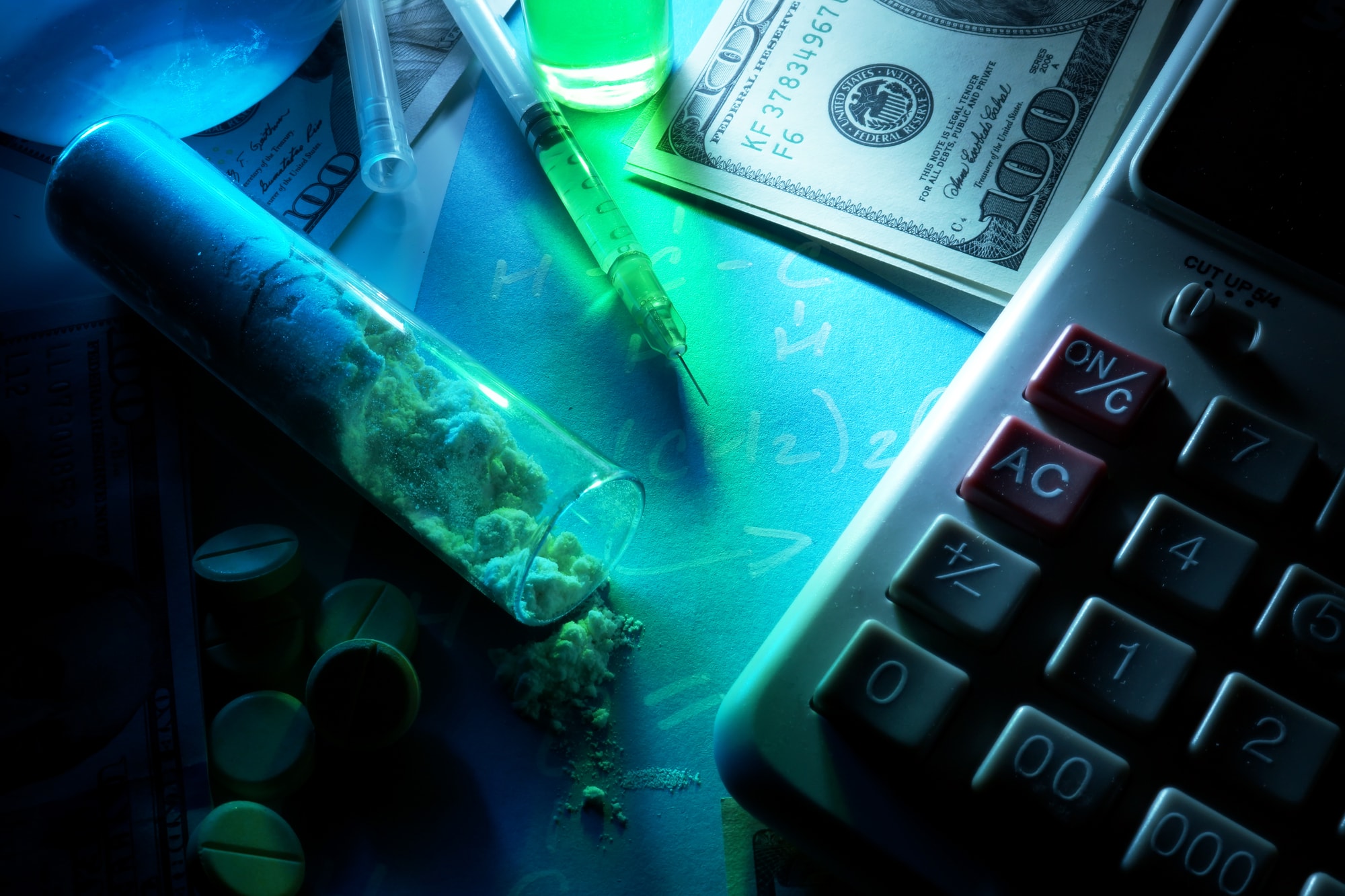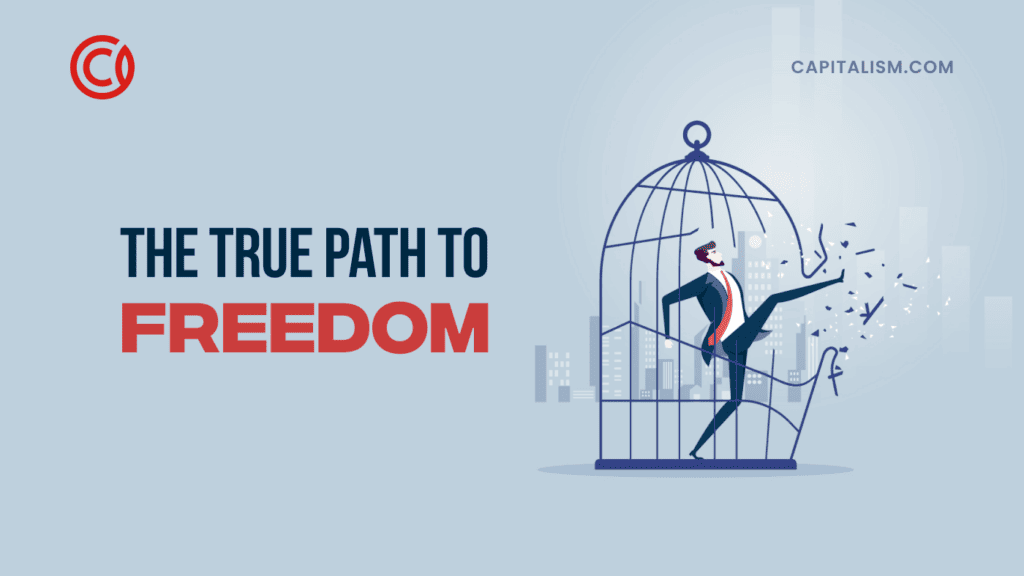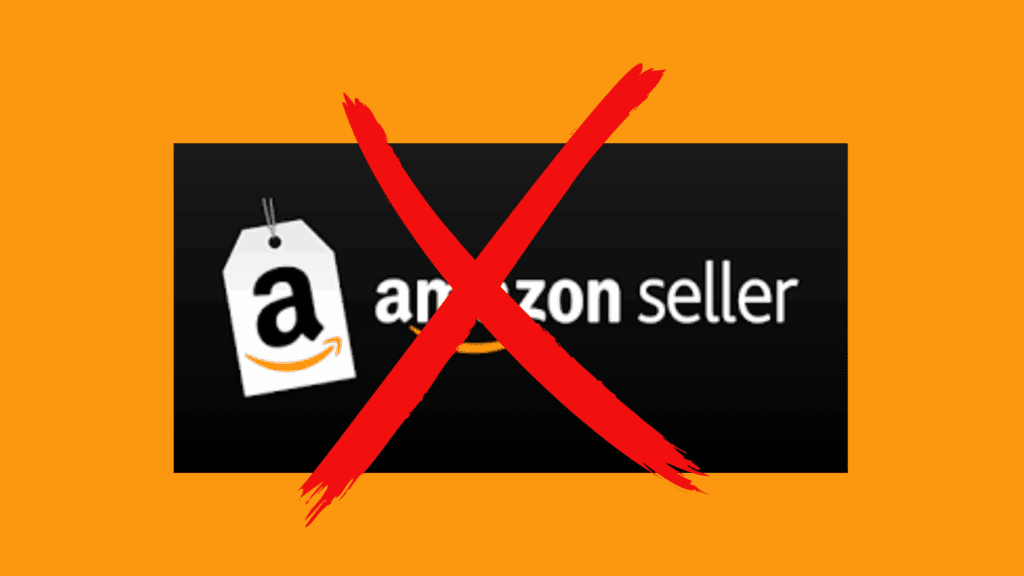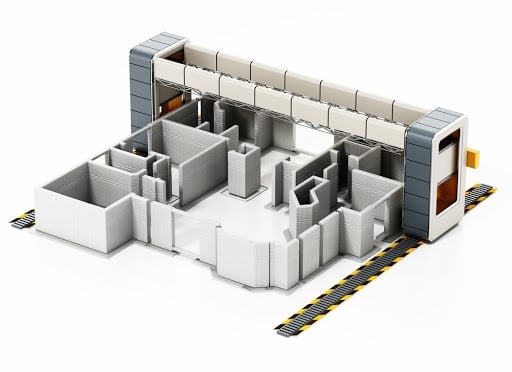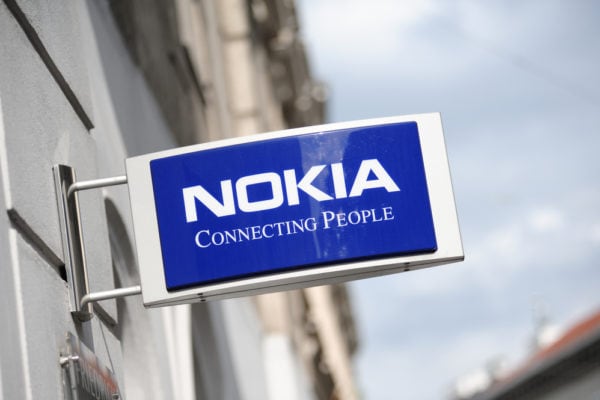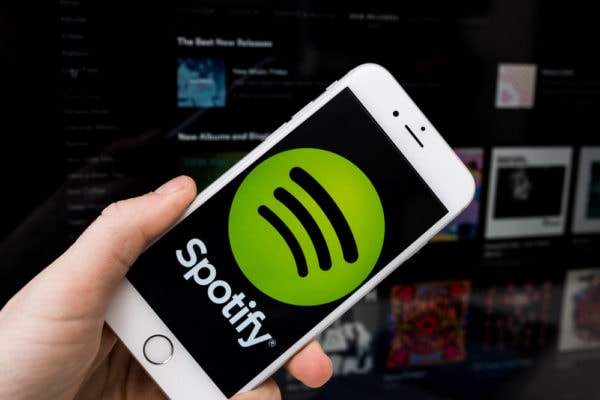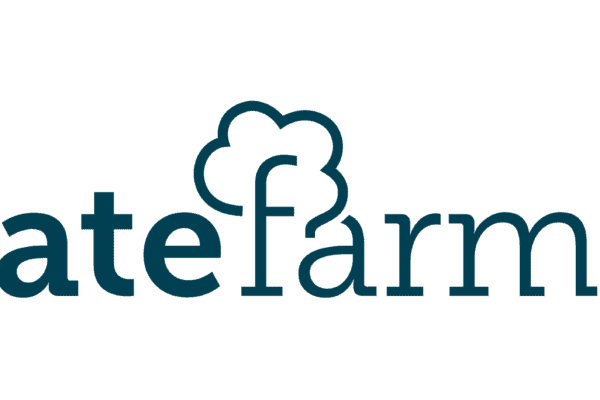What could possibly motivate someone to get involved in the dangerous world of drug trafficking?
Honestly, that is a question that has bothered me for quite sometime. Yes, if done cautiously and done with a series of correctly calculated moves one can become rich from the drug business but achieving any form of “success” in that industry inevitably requires a high amount of sacrifice from both you and your loved ones. Through watching telenovelas (Spanish soap operas) like “El Señor de Los Cielos” (The Lord of the Skies), “Narcos” (Drugs) and “La Reina de Sur” (The Queen of the South) I have not only gotten the opportunity to look at the world of drug dealing through an inside perspective but also seen just how bloody it can be.
Earlier this year, I published an article for Investopedia entitled “How El Chapo Became a Billionaire Druglord”. In it, I shared the story of a teenage boy who started a small marijuana plantation in the mountains of Mexico in order to provide for his poor family, and his journey to building a billion dollar multinational drug empire in a relatively short space of time. From a strictly business perspective, Joaquin ‘El Chapo’ Guzman’s accomplishments are nothing less than incredible. As I mentioned in the article, he owns “a fleet of submarines, airplanes, trucks and boats” and it is estimated that his criminal organization realizes more than $3 billion in sales each year. While writing I asked myself, “Would it not have been smarter for him to use his entrepreneurial genius to run a legal business?” Despite being a billionaire, Guzman is not a free man. He might have accumulated a fortune, but he has not been able to enjoy that wealth.
It is often easy to think of wealth as the only measuring stick for success however this is not so, especially in the world of business. There is nothing successful about being rich financially while being emotionally poor and burdened with the possibility of one day being caught by law enforcement, or worse killed by one of your enemies. Successful entrepreneurs are those who built businesses that help to make society better by creating solutions to problems. They do not build their fortunes off of the blood and suffering of others.
With this in mind and a goal to get a better understanding of what actually drives drug traffickers, I recently reached out to Sebastían Marroquín to request an interview. As the only son of Pablo Escobar, arguably the wealthiest and most dangerous drug kingpin who ever lived, Mr. Marroquín has had a firsthand experience with the world of organized crime and I certainly wanted to hear about it. During our conversation, we discussed his childhood, his thoughts on fighting the war of illicit drugs and even what he really thought about his father.
If you enjoy the conversation and would like to learn more about Sebastían and his father, I highly recommend grabbing a copy of his book “Pablo Escobar. Mi Padre”. The English translation of the book will be available in stores later in the Fall.
WC: Most of us know of your father, Pablo Escobar, but very few of us know have heard of you, Sebastián Marroquín. Let us start the conversation by talking about who you are. Can you tell us a little about yourself and what you currently doing?
SM: [I am a person who has] decided to bring a message of peace to the young people of the world; not violence but reconciliation and forgiveness. [I have decided to do this] based on my own experiences and decisions of my father Pablo Escobar. [Instead of following my father’s footsteps] I became an architect and speaker. In addition, I am a writer.
WC: As you know, there is a lot of negative information out there on your father. I personally believe that there is good in everyone. Can you talk about some of the positive attributes that your father had? For one, he was certainly a brilliant businessman.
SM: Before anything else and [even] more important than being a businessman, he was a great “family man”. He was very loving to us, his children, and [also] to our mother.
WC: I was watching an interview with the Mexican Drug lord El Chapo. I remember him saying that he got into the drug business because it was the only way for him to make money for his family. Was this the same with your dad?
SM: [It is possible]. My father did not have a home [when he was younger]. Being poor made him make decisions that later brought serious consequences. He amassed a great fortune, but could not enjoy it.
WC: I’d love to hear your thoughts on what motivated your father? From what I have read, he was a very generous man. He used his wealth to help a lot of the poor people in the community. Do you think it was to financially help with fellow Colombians?
SM: My father felt happy that he could give more necessities to his own state than what society could have given. His illusion was to use the business of drug trafficking as a way to serve the very poor people in Colombia.
WC: What would you say is the greatest lesson that you have learned from your father? Can you describe what he was like as a father?
SM: I have [written] a 500 page book where I described [my father’s] role as a father and as a criminal
WC: When you were young, did you know about the business your father was involved in? What were your first thoughts when you found out? And was there ever a point where you wanted to join the business?
SM: [When I was] seven years old, my father told me, “Son, I am a criminal by profession.” I didn’t not judge my father, [because] as a child I only received loved. I was never interested in following his footsteps.
WC: It is very rare for sons of drug lords, especially powerful drug lords, to not follow in their father’s footsteps. Why did you make that decision to live a different life?
SM: [That’s] because I am not a friend to violence and I saw how this business [drug trafficking] gave [my family] everything but then it took away much more than what it gave us.
WC: There are many telenovelas that highlight the inside of the drug business. I personally enjoy watching El Señor de Los Cielos and La Reina del Sur. The problem with these shows is that they make this dangerous business look as if it is fun and cool. What would you say to the young people who believe that drug dealing is a viable career?
SM: I do not know of any retired drug traffickers or any who have managed to escape [the business]. [I would tell them that] being in a [legitimate] business that does good [for society] would be more rewarding in the long term.
WC: Many people, once in the grips of a drug addiction, have trouble shaking loose. They end up spending years in and out of rehab. What are some of the golden factors that would keep someone away from drugs and out of rehab forever?
SM: Love within the family. Early education about drugs in the schools for [both] children and parents. Sports and all forms of art and culture help much more than the absurd and unsuccessful war against drugs. The prohibition [of drugs] is the greatest abettor of its consumption.
WC: Before I let you go, what are your final words for the young people who are listening to this show? And can you tell us a little bit about your book, Pablo Mi Padre?
SM: I wrote this book for three reasons. Firstly, to give the victims [of my father] the [opportunity] to access the truth about what really happened. This is the first step to reparation. [However], it is not the justification of an unjustifiable violence. Secondly, I do not want anyone to tell my son nonsense about his grandfather's acts. This book is a valuable historic document for [both] him and my country. Lastly, I wanted to leave a clear message to young people that the life [drug trafficking] has nothing good or glamorous [to offer]. We need to thank my father for having shown us the path that we should not travel.
